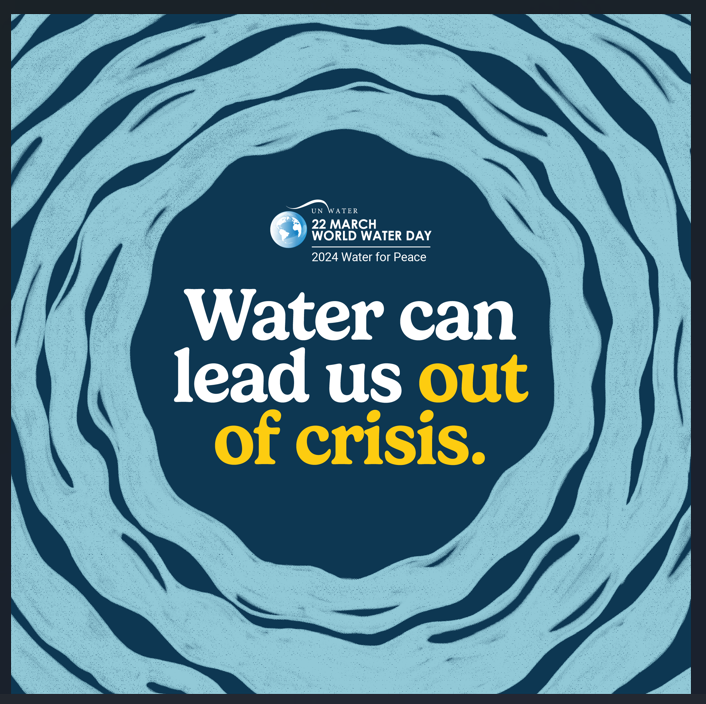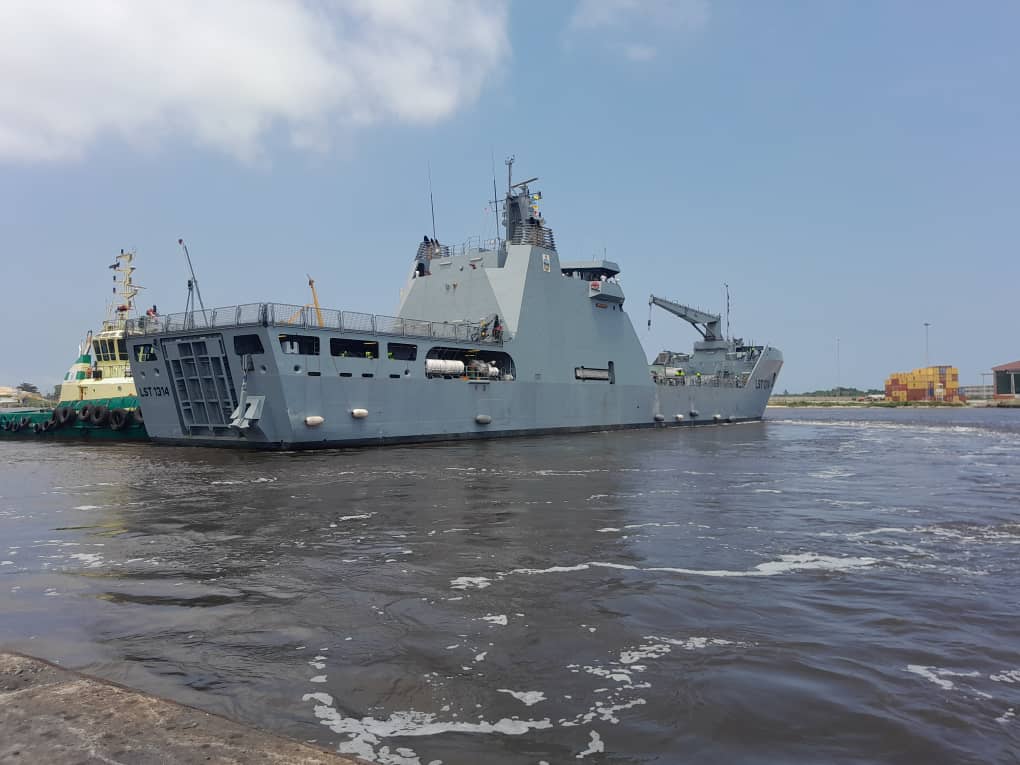By Hope Orivri, Ph.D.
As much as access to safe water is important to good health, particularly for children under the age of five, Lagos urban slum dwellers still face challenges accessing safe water sources.
A recent study among mothers of under-five children in Lagos urban slums shows that only 15.2 per cent of the people said that they have access to piped water sources. A majority of the primary participants in that study (37.9 %) get their water from itinerant water providers who provide this service using plastic containers carried around in pushcarts.
It is also important to note that 23% of households in Nigeria lack access to basic water supply as shown from a 2021 Water, Sanitation and Hygiene National Outcome Routine Mapping (WASH NORM) carried out by the Federal Ministry of Water Resource and the National Bureau of Statistics with support from UNICEF, the World Bank, WHO and other development partners.
Annually on 22 March, World Water Day is celebrated to raise awareness and inspire action to tackle the water and sanitation crisis. Today, 2.2 billion people lack access to safe water, thereby making their susceptibility to water-related diseases very high, particularly children under the age of five.
For the 2024 World Water Day celebration, key messages according to the theme of ‘Leveraging Water for Peace’ have been highlighted as;
- Water can create peace or spark conflict. When water is scarce or polluted, or when people struggle for access, tensions can rise. By cooperating on water, we can balance everyone’s water needs and help stabilize the world.
- Prosperity and peace rely on water. As nations manage climate change, mass migration and political unrest, they must put water cooperation at the heart of their plans.
- Water can lead us out of crisis. We can foster harmony between communities and countries by uniting around the fair and sustainable use of water – from United Nations conventions at the international level, to actions at the local level.
Speaking on the value of water, the United Nations Water (UNWater) raises attention to the fact that water has enormous and complex value for our households, food, health, culture, education and economics, and the integrity of our natural environment. This demands that we give depth in the understanding of how valuable water is to livelihood.
In developing countries, while a few privileged people celebrate the access to safe piped water to support quality health, others like people in urban slum communities continue to deal with the water crisis on a daily basis.
The crucial concern is that while limited access to safe water, improved sanitation and hand washing facility has a strong connection to disease burdens resulting in diarrhea, a leading cause of under-five mortality, there are still huge gaps – very weak structure for ensuring availability of clean and safe water and sanitation systems.
However, great gains can be achieved through the SDG 17 – Partnerships. The issue of access to safe water can be best addressed through partnerships from well-meaning firms by way of their corporate social responsibility action in providing safe drinking water for communities in need.
Dr. Hope Afoke Orivri is a Water, Sanitation and Hygiene(WASH) specialist.


































































